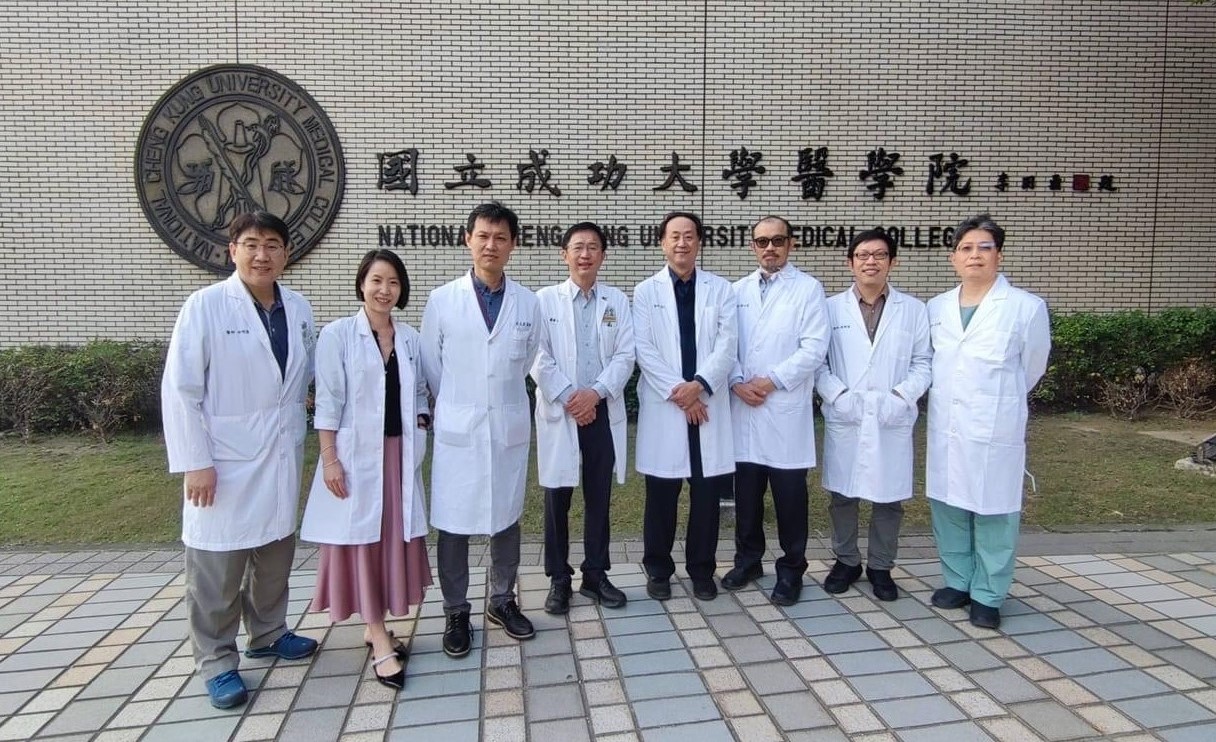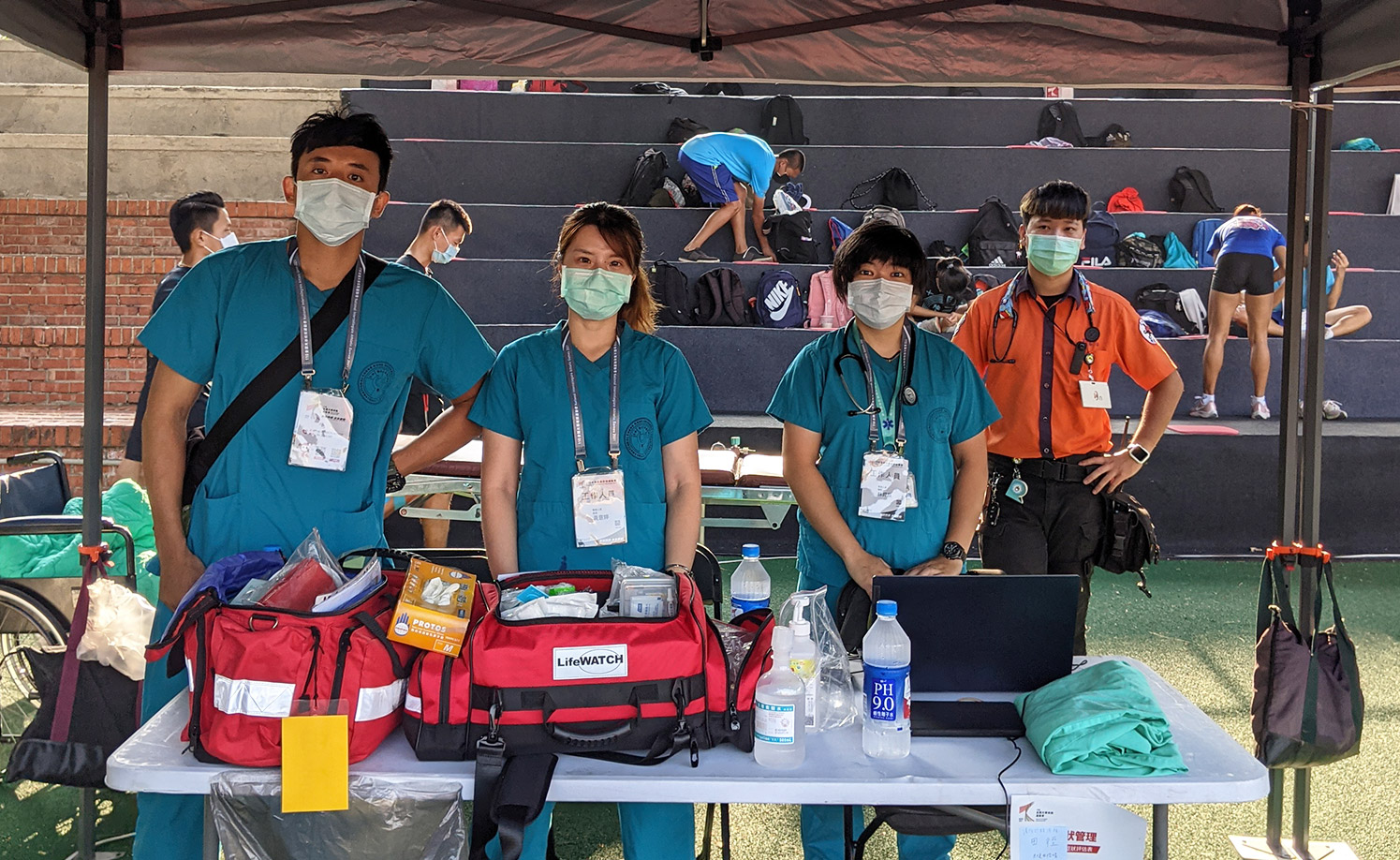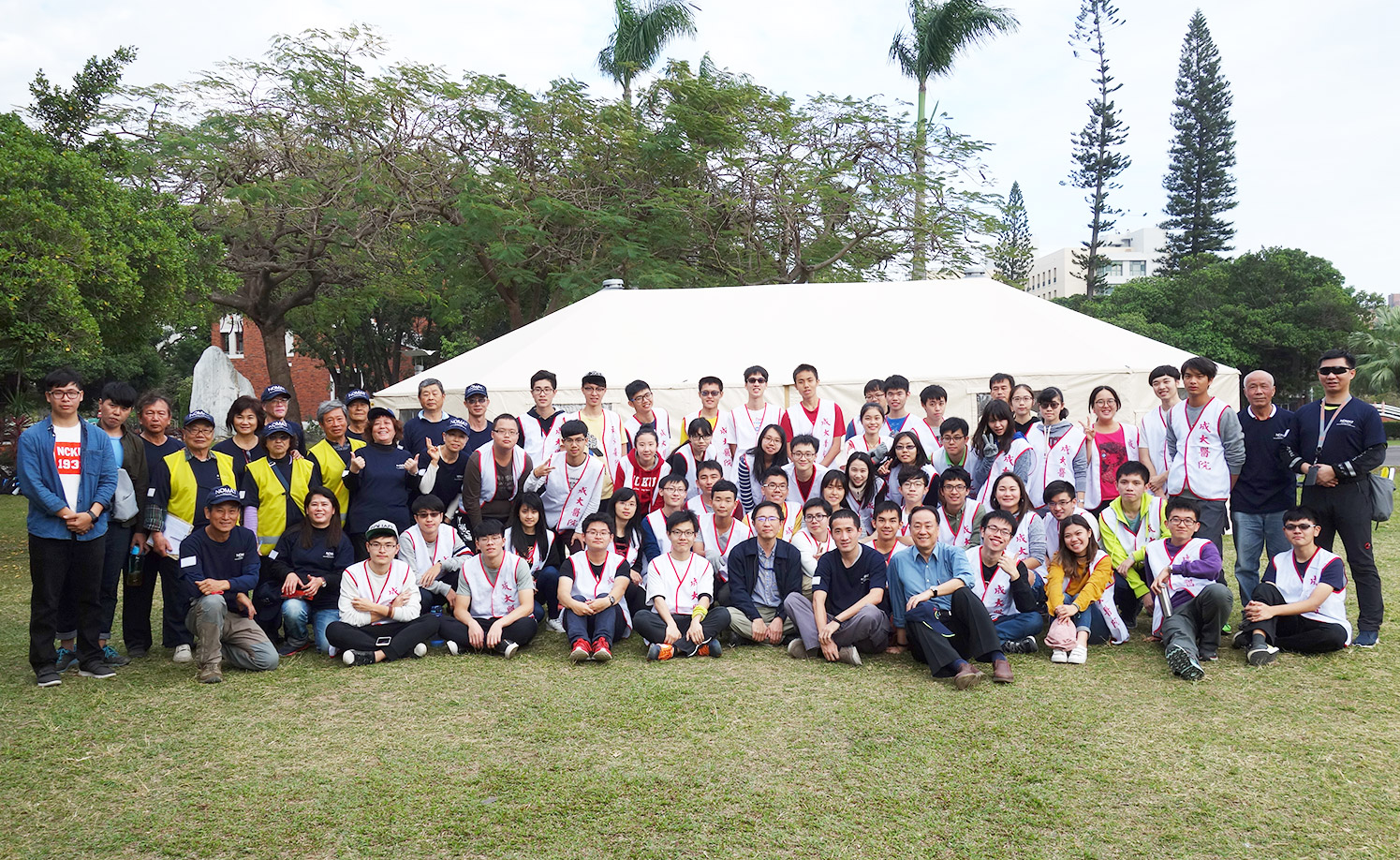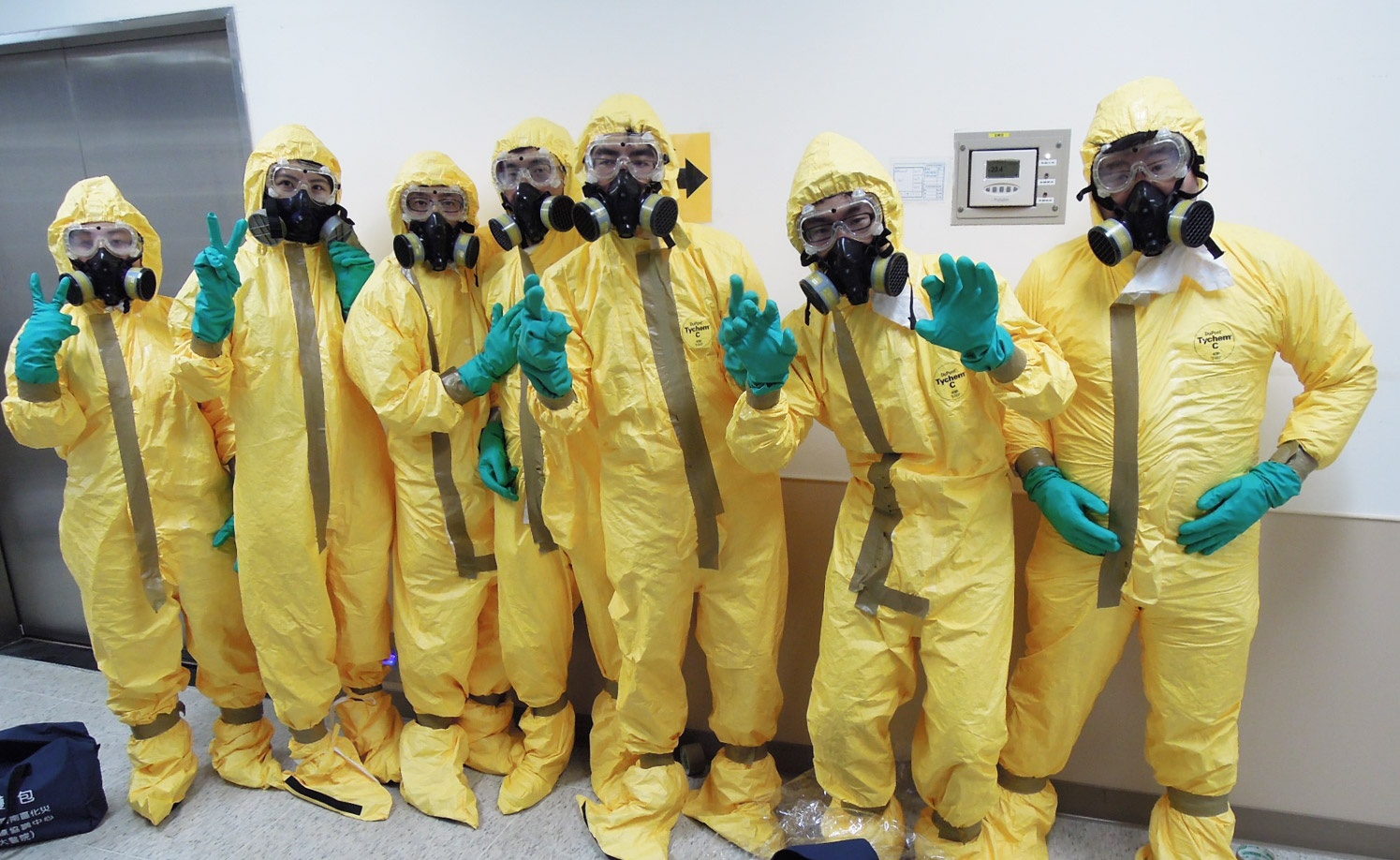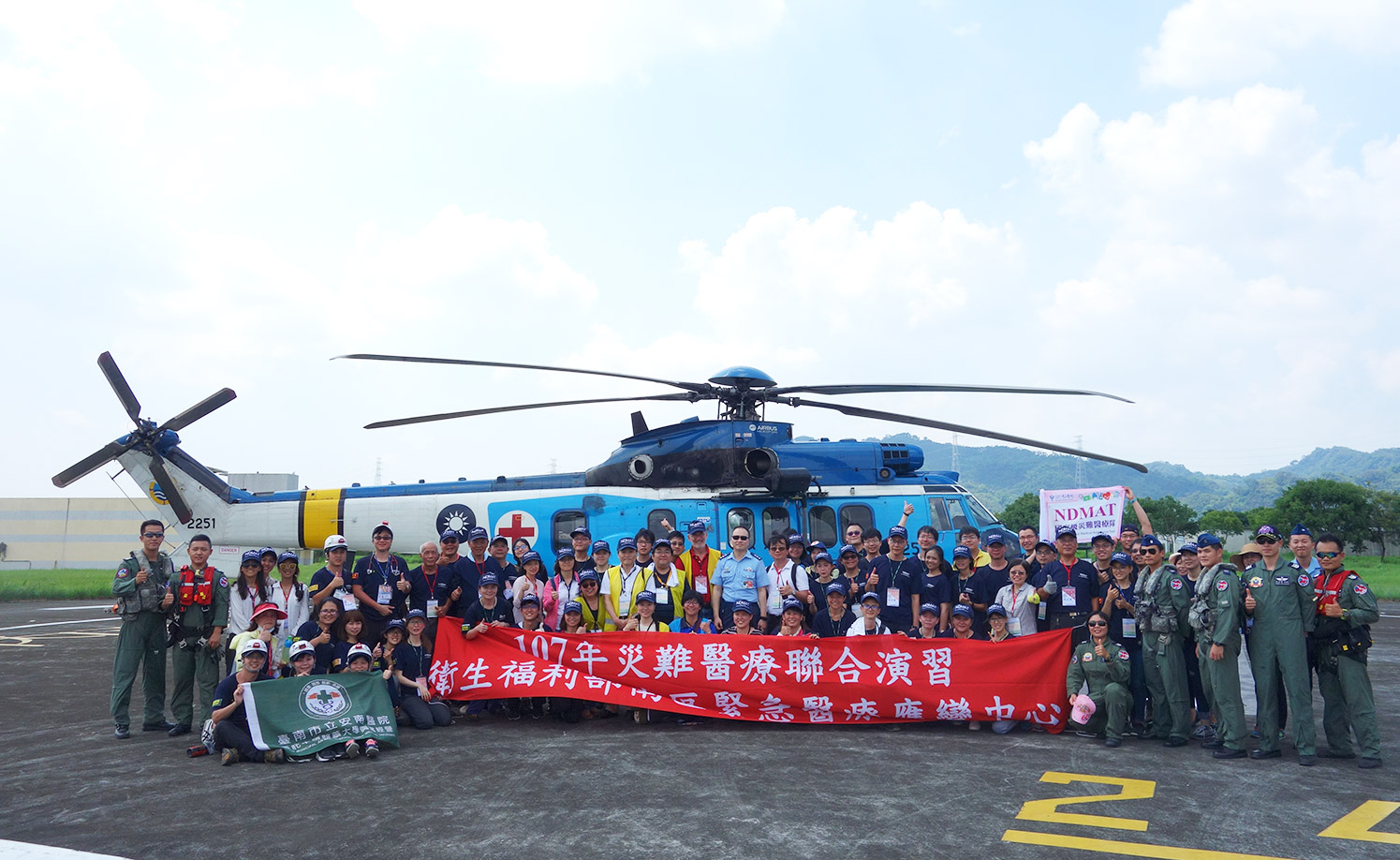Division of Emergency Medicine
Emergency medicine is the foundation of emergency medical care in the social safety net and best understands the needs of each sector of the healthcare system and the overall needs of patients. Our vision is to respond to the increasingly complex medical system and the increasing demand for emergency medical care in society, to provide patients, medical departments and medical systems at all levels, with appropriate emergency treatment and clinical care.
The hospital is a severe emergency responsibility hospital for emergency medical capacity classification. It is equipped with doctors and nurses with sufficient manpower to perform emergency medical tasks 24 hours a day, 365 days a year. It also has a complete shift system for medical personnel and a 24-hour emergency note for each specialty and sub-specialty. Taking acute stroke medical treatment as an example, the headquarters and neurology, surgery, radiologists, as well as triage personnel, medical radiation personnel, medical inspection personnel, and pharmaceutical personnel, etc., form a cross-disciplinary acute stroke care team, so that patients can receive Immediate, effective treatment with minimal complications. Taking acute coronary heart disease medical treatment as an example, the cross-disciplinary acute coronary heart disease care team includes emergency department, cardiology department, cardiac surgery and other units, and has established a treatment process for patients with acute coronary heart disease and acute myocardial infarction, including the implementation of ECG time. For patients with acute myocardial infarction, the administration of drugs and emergency coronary interventions are all managed by quality indicators to ensure patient safety.
University hospitals have three major tasks: clinical, medical education and research. Emergency medicine covers a wide range, including all medical emergencies, trauma, poisoning disasters, disaster response, pre-hospital emergency medical care, field medicine, pediatric emergency, air emergency ambulance, medical law, patient safety, emergency medical care in remote areas, acute and critical care for the elderly, diagnosis Technology, medical education, etc. are all areas that emergency medicine is good at or unique to. Emergency education and training is not only to cultivate the knowledge and skills of medical students and residents, but also an important experience to shape attitudes and expectations. We will implement various medical education and training, cultivate excellent medical personnel, and provide efficient and high-quality emergency patient care.


